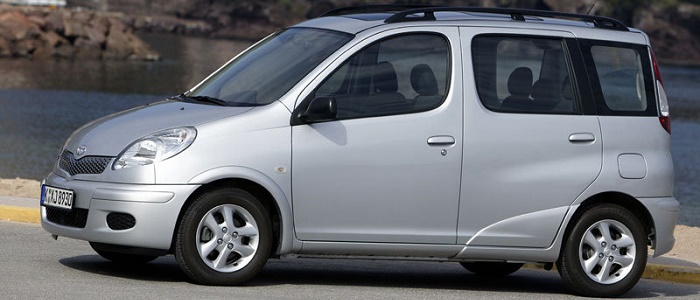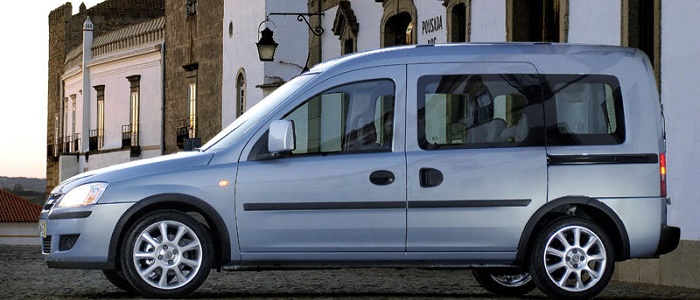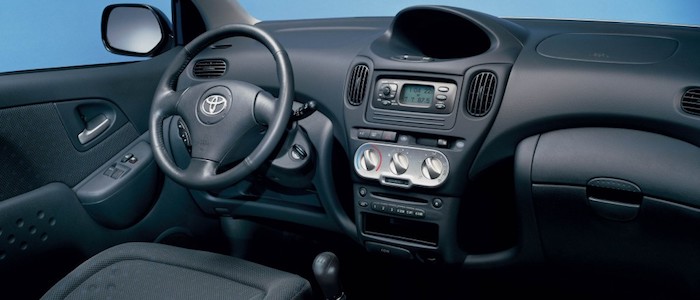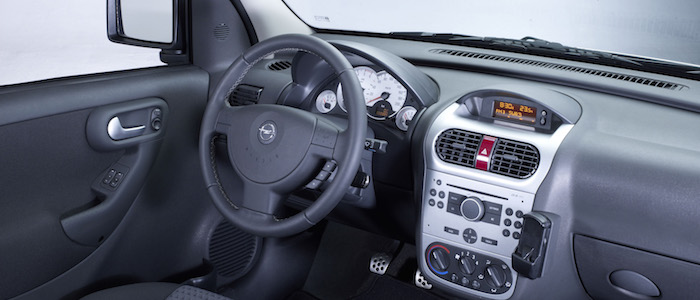Compare two cars
Compare any two cars and get our Virtual Adviser™ opinion
Marketing
Dimensons & Outlines
Engine
1.4 Z14XEP
Performance (manual gearbox)
Performance (automatic gearbox)
Expenses
Virtual Adviser's™ opinion
Well, these are two pretty similar cars we have here! It's only details that could potentially make the difference. Considering they both belong to the mpv segment and utilize the same 5-door MPV body style and the front wheel drive system, it all comes up to the specific petrol engine choice they offer. The first one has a Toyota-engineered powertrain under the hood, a 4-cylinder, 16-valves 107hp unit, while the other one gets its power and torque from a 4-cylinder, 16-valves 90hp engine designed by Opel.
SafetyUnfortunatelly, neither of the two vehicles was submitted to the European New Car Assessment Programme (Euro NCAP) testing. This makes it virtually impossible for me to pick one over the other and I'm generally against buying such cars as the safety should really always come first. Still, apart from the official crash test results there are other things we need to be aware of. Both vehicles belong to the mpv segment, which is generally a good thing safety-wise, but it doesn't do much to help us decide between the two. On the other hand, when it comes to weight, a factor that most people underestimate, the German car offers a considerable difference of 15% more metal.
ReliabilityReliability is not the best thing to consider on the make level, but it is worth mentioning that Toyota does have a slight advantage, at least on all of the models level. These are the official statistics, while our visitors describe reliability of Toyota with an average rating of 4.6, and models under the Opel badge with 4.2 out of 5. Some independent research have also placed Yaris Verso as average reliability-wise, and Tour is more or less at the same level.That apart, owners of different cars powered by the same engine as the Japanese car rank it on average as 5.0, while the one under the competitor's bonnet gets 4.1 out of 5.
Performance & Fuel economyToyota is undoubtly more agile, reaching 100km/h in 2.7 seconds less than its competitor. In addition to that it accelerates all the way to 175 kilometers per hour, 11km/h more than the other car. When it comes to fuel economy things look pretty much the same for both cars, averaging around 6.5 liters of fuel per 100 kilometers (44 mpg), in combined cycle.
Verdict
Toyota appears just a bit more reliable, although the difference is truly marginal. The most important thing when deciding between any two vehicles should always be safety, both passive and active. In my opinion, everything taken into account, the German car offers significantly better overall protection, taking the lead here. From there things take a different direction, with Toyota being considerably quicker, thus putting more smile on driver's face. It does come at a cost though, and that's the fuel consumption... It's really tough to make a final decision here, but if I'd need to, I'd say Opel. Nevertheless, let's not forget that people have different preferences and needs, so what really counts is your personal feel. I'm only here to help. In case you have two minutes to spare I invite you to define your needs, desires and budget and see which car would be chosen by the virtual adviser™, out of 12.000+ vehicles we currently have in our database.
































